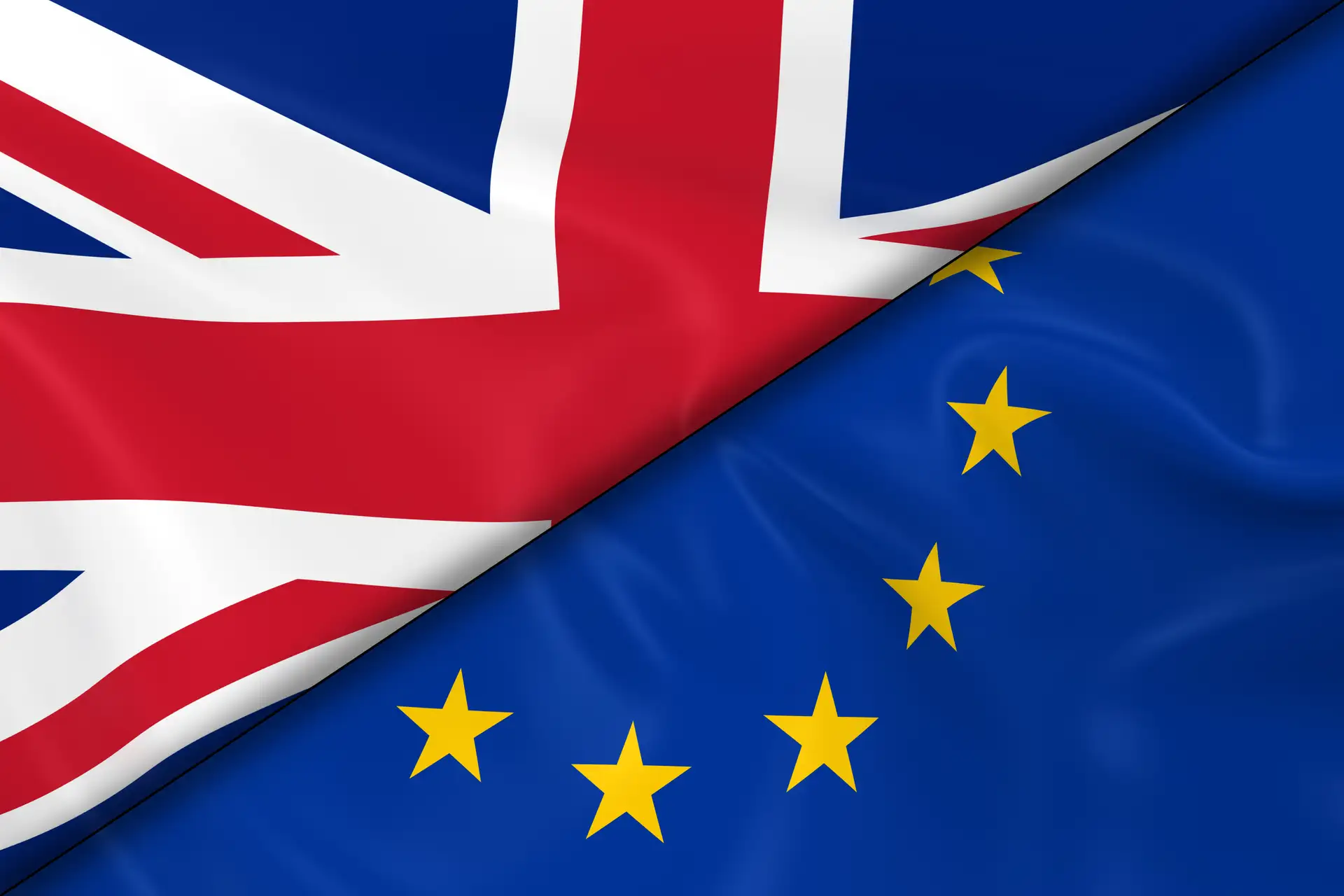DDP vs DAP: Regimes 40, 42 and Incoterms® Explained
In international trade, defining responsibilities is essential. Incoterms® provide a global standard that clarifies seller and buyer obligations. Two frequently misunderstood terms are DDP (Delivered Duty Paid) and DAP (Delivered at Place). They have significant implications for cost, risk, and customs liability.
Understand where Incoterms®, DDP, and DAP fit in the overall customs process in our What is UK Customs Clearance guide.

Comprehensive Seller Obligations
Under DDP (Delivered Duty Paid), the seller assumes maximum responsibility, covering all costs, risks, customs clearance, duties, and taxes. Goods are delivered to the buyer's door with no additional charges.
Seller Benefits
Provides an attractive, all-inclusive service.
Seller Challenges
Assumes full risk and requires a comprehensive understanding of the destination country's customs procedures.
Seller and Buyer Responsibilities
Under DAP (Delivered at Place), the seller manages transportation costs and risks until goods arrive at the specified destination ready for unloading. The buyer is then responsible for import customs clearance, duties, and taxes.
Seller Benefits
Reduced risk and administrative work.
Potential Drawback
A buyer may reject the shipment if the import costs exceed expectations.
Key “UK Exporter” differences between DAP and DDP
| DDP (Delivered Duty Paid) | DAP (Delivered at Place) | |
|---|---|---|
| Main Freight / Carriage | Seller (UK Exporter) | Seller (UK Exporter) |
| UK Export Customs | Seller (UK Exporter) | Seller (UK Exporter) |
| Risk During Transit | Seller (UK Exporter) | Seller (UK Exporter) |
| Import Customs Clearance | Seller (UK Exporter) | Buyer (Your Customer) |
| Import Duties & Tariffs | Seller (UK Exporter) | Buyer (Your Customer) |
| Import VAT / Local Taxes | Seller (UK Exporter) | Buyer (Your Customer) |
| Unloading at Destination | Buyer (Your Customer) | Buyer (Your Customer) |
| Point of Risk Transfer | Risk transfers to the buyer when the goods arrive at the destination, ready for unloading. | Risk transfers to the buyer when the goods arrive at the destination, ready for unloading. |
| Summary of Seller's Risk | Maximum. The exporter is responsible for the entire journey, including all legal/financial import risks in a foreign country. | Moderate. The exporter's risk ends when the goods arrive. They are not liable for import issues. |
Cross-Border VAT and Customs Procedures
These UK/EU customs procedures apply to DDP shipments, allowing goods imported into one EU country to be supplied to another. VAT is managed in the final destination country. The post-Brexit landscape has complicated these processes, with ongoing regulatory changes across EU member states.
Find out how to stay on top of Duty Minimisation & Temporary Imports.
Which should you choose?
Choosing between DAP and DDP depends on your business goals and tolerances. A 2022 international trade survey found that 65% of SMEs prefer DDP for its predictability, while larger enterprises often opt for DAP to maintain more control over shipping costs.
When deciding, consider:
Your business model and customer base.
Comfort level with international tax complexities.
Pricing strategy and risk tolerance.
Accurate DDP pricing requires a thorough understanding of the destination country's tax regulations. Regulations vary considerably across different markets.
The choice between DAP and DDP depends on your business model, your customer's sophistication, and your willingness to take on risk. To accurately price a DDP service, a complete understanding of the destination country's tax system is vital.
Done the right way, DDP can streamline your entire supply chain. Using the correct legal procedures, it’s possible to place your goods into free circulation before they even leave the UK. This guarantees a direct-to-destination journey with no border delays, no demurrage fees, and the added benefit of full emission reporting for your records.
Get a free consultation
Take advantage of a free consultation. Find out at no cost what a Livingston Customs Clearance Specialist can do for you.
We specialise in:
- UK Import Declarations
- Deferment Account Management
- Specialised Authorisations (Including SCDP & BIRDS)
- E-commerce Customs Entries
- Duty Reliefs & Waivers
- UK Export Declarations
- Transit Documents (T1, T2)
- Post-Brexit Advisory
- CBAM Services
- Reporting & Data Management
Avoid delays, reduce costs and ensure full compliance. Even the biggest businesses overlook savings opportunities.
Contact us at [email protected] or call us at
- Europe: +44-0800-169-2930
- North America: 1-800-837-1063